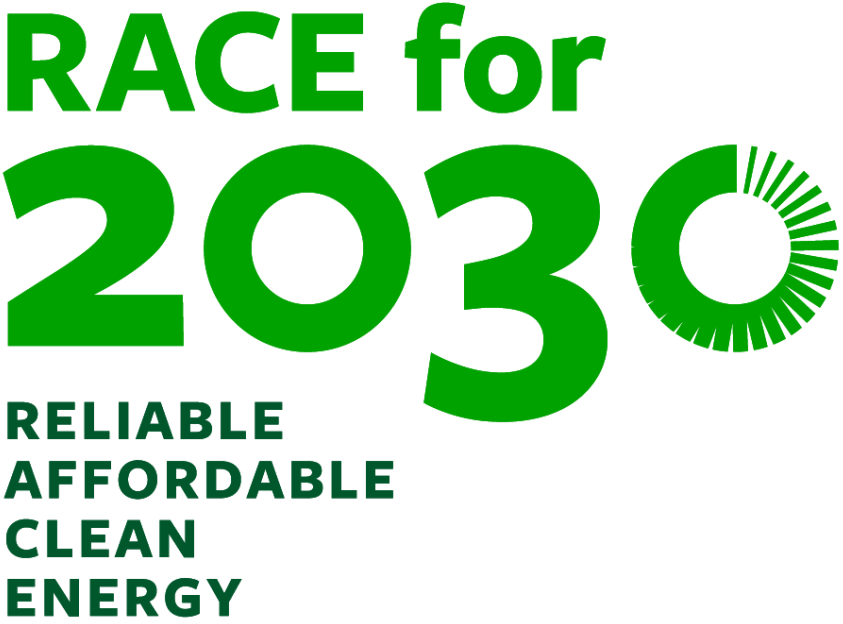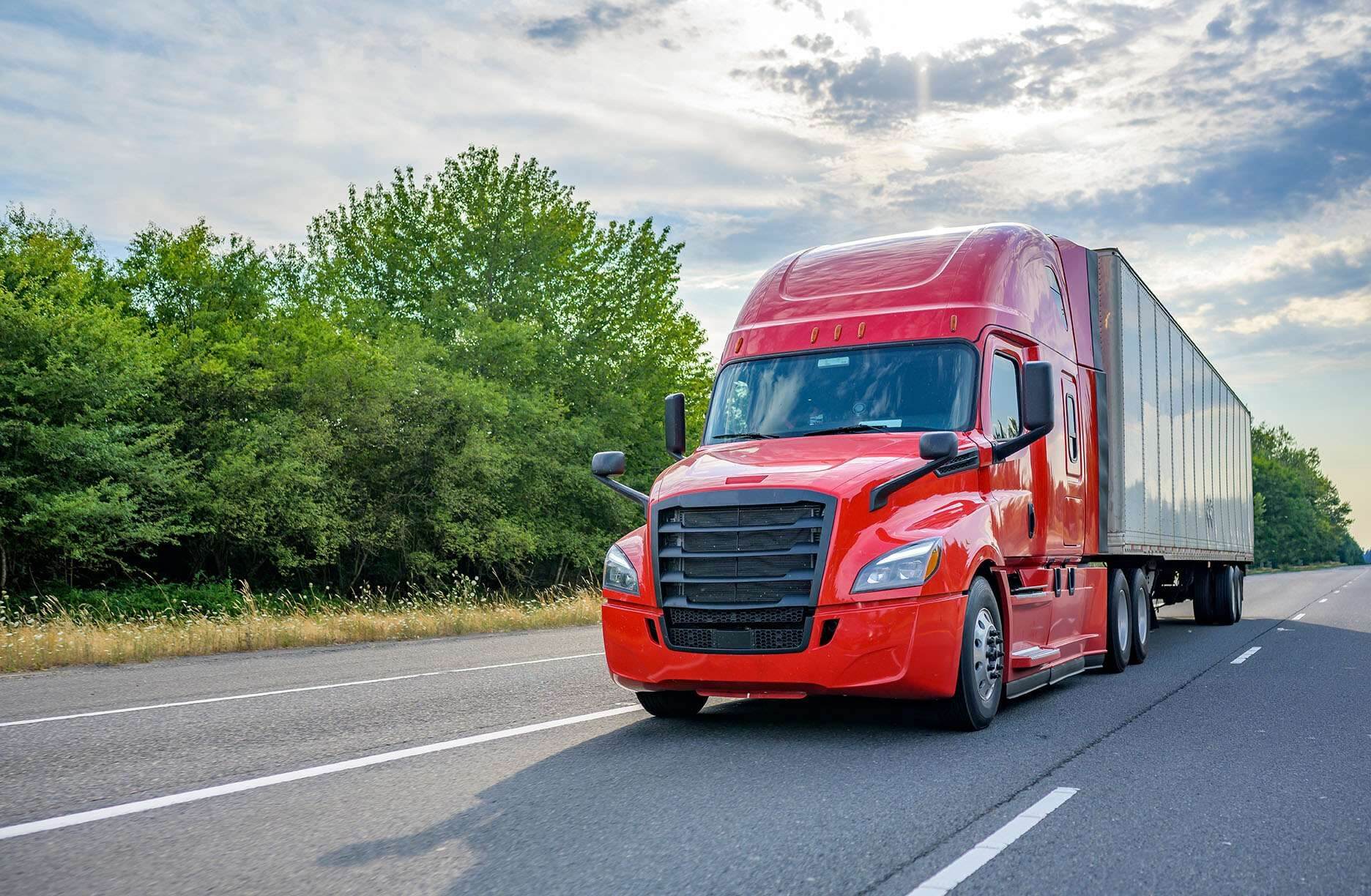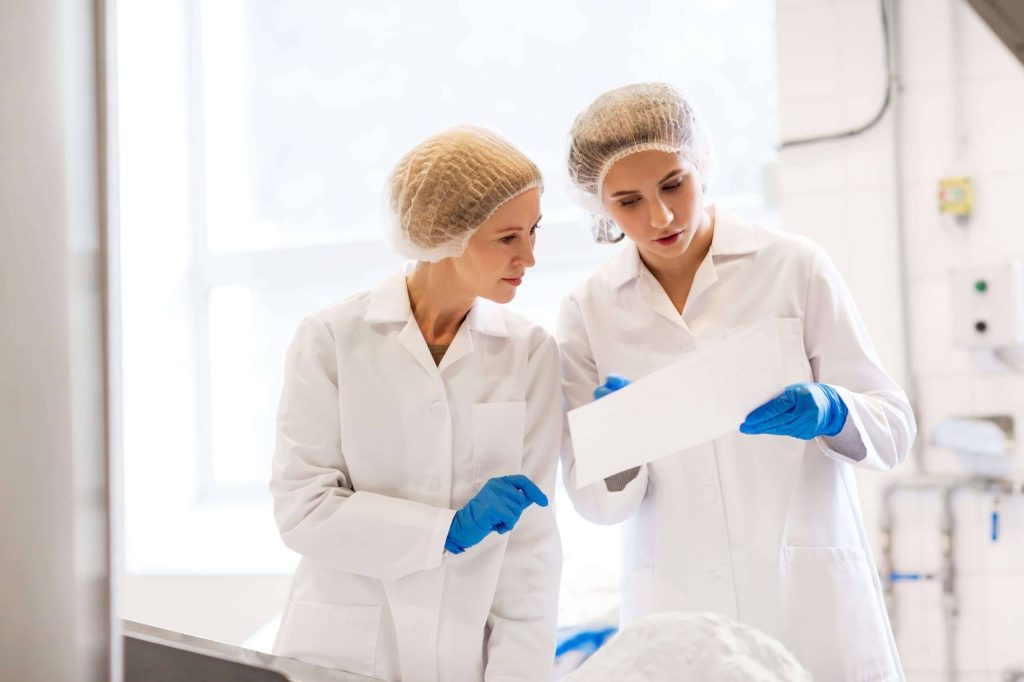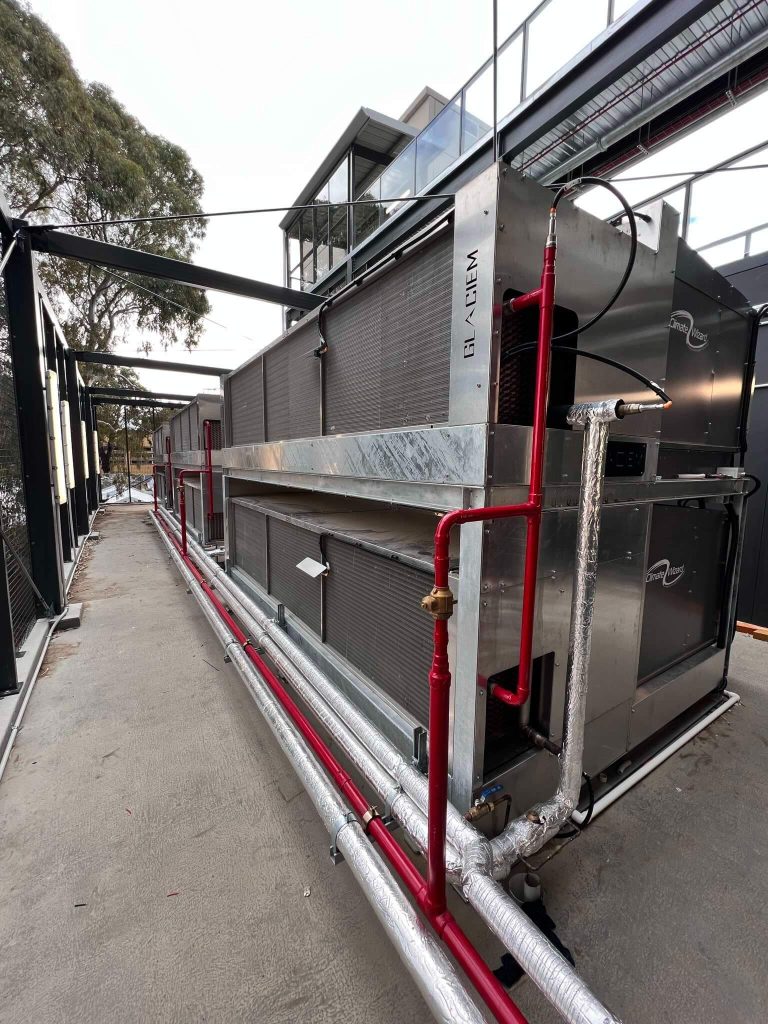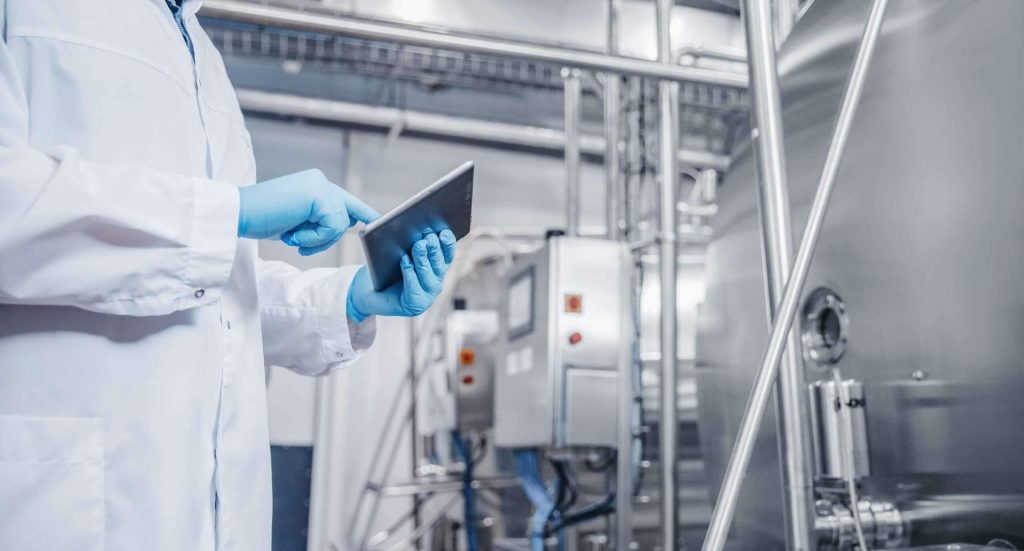Chief Investigators
Prof. Frank Bruno (UniSA)
Purpose of project
The cold chain is a low temperature-controlled supply chain to prolong shelf life and maintain the quality of perishable products. Worldwide, the cold chain is reported to consume 30% of total energy. Of particular interest is refrigerated transport, which is responsible for 15% of world fossil fuel energy with approximately 5 million vehicles in operation worldwide. Low temperatures in the refrigerated compartment are generally provided by a diesel engine driven vapour compression refrigeration system. This type of engine is noisy and has a low efficiency of 35%-40% and hence high CO2-e emissions. In Australia, transport refrigeration consumes 70-90 million litres of diesel per annum (only the fuel to power the refrigeration system), which accounts for 5% of total diesel consumption and generates 189-243 kilo tonnes of CO2-e emissions. Furthermore, inadequate performance of existing systems on diesel trucks is a key contributor to food spoilage.
Decarbonising cold chain logistics by using electric-driven vapor compression refrigeration and ultimately transitioning transport trucks from internal combustion engines to electric vehicles (EVs) presents an opportunity to improve the performance of this critical activity. Eutectic refrigeration systems provide a solution for both diesel-driven and future electric-driven trucks. Eutectic refrigerated vehicles currently available in the market perform poorly in terms of energy efficiency and temperature control. To overcome the shortcomings of the commercial product, an innovative eutectic system has been conceptually developed in Phase 1 of the project. The on-board eutectic system, employing a phase change material (PCM), is electrically pre-chilled by a vapor compression refrigeration system when the vehicle is not in service. The eutectic solution/PCM can store and release thermal energy at a defined temperature, which minimises the temperature fluctuation and offers better temperature management.
Therefore, during transportation when refrigeration is needed, the stored cold energy is withdrawn. This reduces fuel consumption for diesel-driven vehicles, or the load placed on the battery system for EVs. In Phase 2 of this project, the developed system will be built and demonstrated on a refrigerated body. Upon completion of this 12-month project, the cooling performance of the new refrigeration system will be verified and the energy consumption and duration to charge the eutectic system will be measured.
Impact of project
Commercialisation of this product will contribute to improving energy efficiency and productivity of cold chain logistics.
The following impacts are anticipated:
- Reduced diesel fuel consumption translating to reduced CO2-emission. This is expected to occur as the eutectic system is charged using electricity from the grid or a renewable energy source, which is more efficient than diesel-powered refrigeration systems.
- Reduced energy cost as electricity is cheaper than diesel per kWh.
- Reduced global warming impact as a lower GWP refrigerant is used.
- Reduced food waste through improved temperature management of perishable goods during transport.
Project partners – industry and research
UniSA (Lead), Agrifutures, Aldom, Australian Alliance for Energy Productivity (A2EP), Department of Energy and Mining (South Australia)
Status
- In Progress
Project Leaders
- Frank Bruno, UniSA
Completion Date
Q1 2025
Project Code
0459
